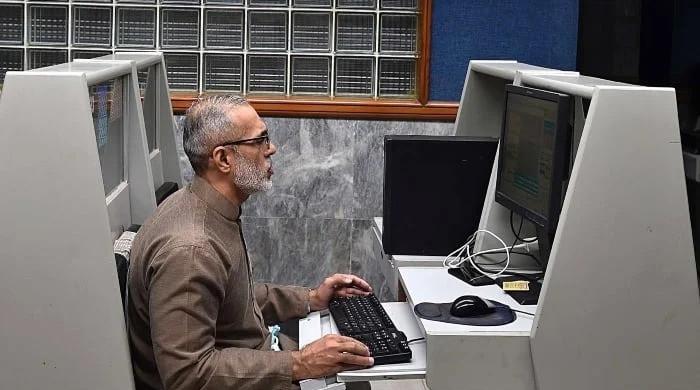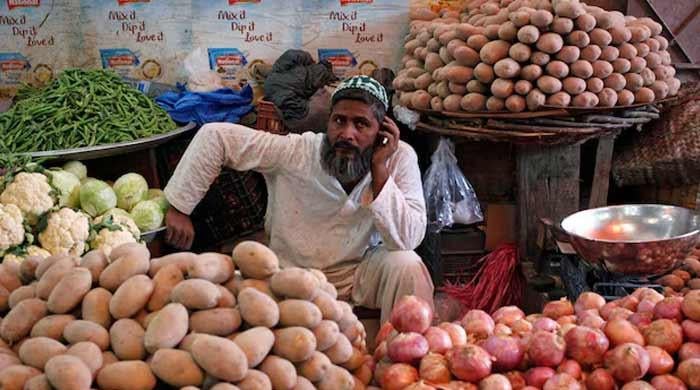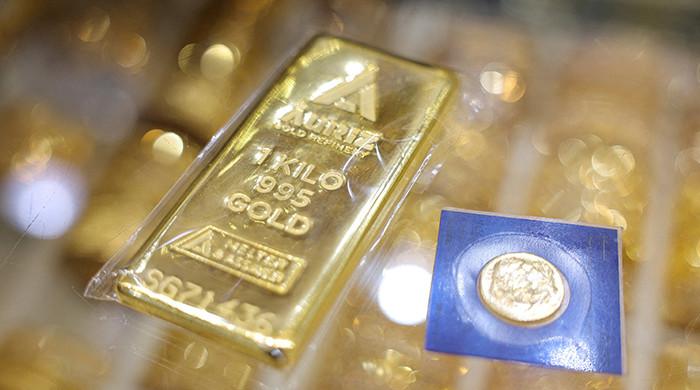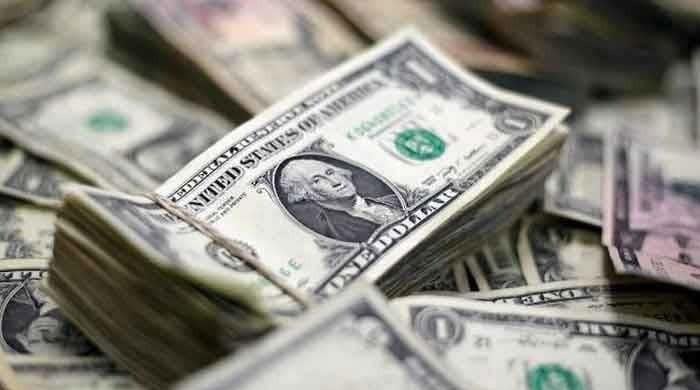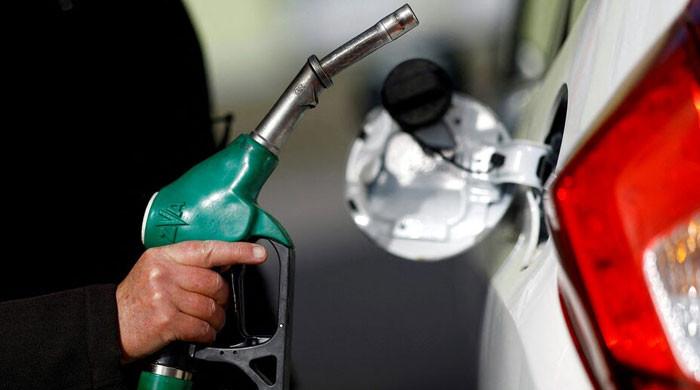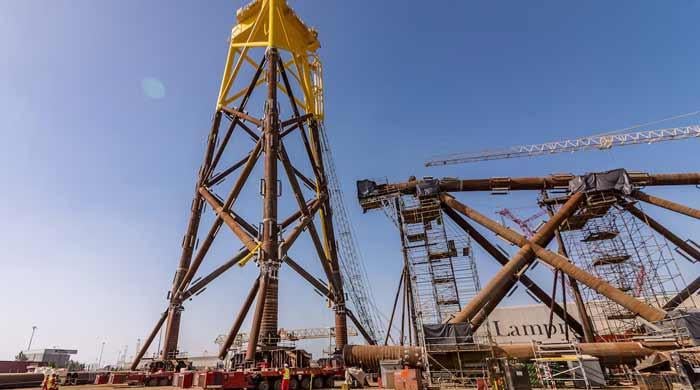SBP announces monetary policy, hikes interest rate to 10.75pc
SBP raises rate by 50bps in the face of continuing inflationary pressures; record inflation slows down economic activity; forex reserves recover but 'still below standard adequacy levels'
March 29, 2019
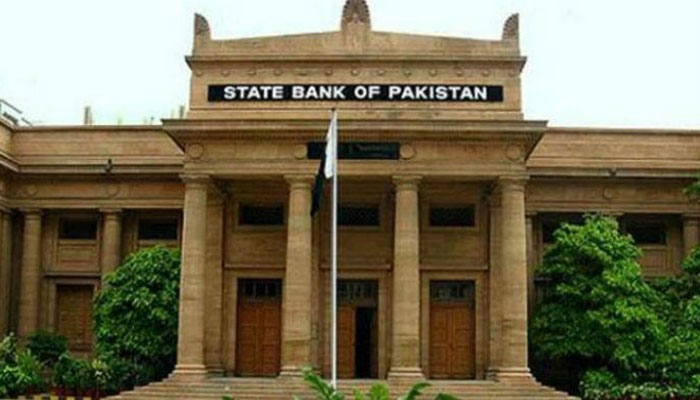
KARACHI: The State Bank of Pakistan (SBP) announced its monetary policy on Friday, increasing its key policy rate by 50 basis points to 10.75 per cent.
The policy was announced following a meeting of the central bank's Monetary Policy Committee, which had raised the key policy rate by 25 basis points to 10.25 percent in January in the face of high fiscal and current account deficits and continuing inflationary pressures.
In its press release on Friday, the central bank said economic data since January showed that the impact of the government's stabilisation measures continued to unfold and show its impact on the economy.
It said that the current account deficit had significantly contracted during the first two months of the year, which, together with bilateral inflows, helped ease pressures on the country's foreign exchange reserves.
"These developments on the external front have improved stability in the financial markets, reduced uncertainty and improved businesses confidence, as reflected in various surveys. Nonetheless, despite narrowing, the current account deficit remains high, fiscal consolidation is slower than anticipated, and core inflation continues to rise," it said.
Record inflation slows down domestic economic activity
The central bank noted that inflation had climbed to 6.5% in Jul-Feb FY19 compared to 3.8% the previous year, while year-on-year CPI inflation had risen considerably to 7.2% in Jan 2019 and further to 8.2% in Feb 2019—the highest year-on-year increase in inflation since June 2014.
"These pressures on headline inflation are explained by adjustments in the administered prices of electricity and gas, significant increase in perishable food prices, and the continued unfolding impact of exchange rate depreciation," it said.
It added that rising input costs on the back of higher energy prices and the lagged impact of exchange rate depreciation were likely to maintain upward pressure on inflation, projecting CPI inflation to fall between 6.5% and 7.5% for the fiscal year.
Domestic economic activity continued to face the brunt of the prevailing inflationary pressures and widening macroeconomic imbalances, with Large-scale Manufacturing (LSM) declining by 2.3%, major crops depicting lackluster performance in the agriculture sector, and the slowdown in commodity producing sectors resulting in negative growth in services sector as well. The SBP pointed towards a similar deceleration in consumer demand and capital investments.
"In this backdrop, the real GDP growth is projected to be around 3.5 percent in FY19," it said.
Reserves recover but 'still below standard adequacy levels'
The SBP said that gradual recovery in foreign exchange reserves on the back of an improvement in external balance and increase in bilateral official inflows "has nevertheless improved business confidence".
It, however, noted that foreign exchange reserves—US$ 10.7 billion or equal to three months of imports cover—were "still below the standard adequacy levels".
The central bank committee pointed out that the target for fiscal deficit—which remained higher at 2.7% of GDP compared to 2.3% the previous year—would be missed in the current fiscal year as well in view of revenue collections shortfalls and escalating security related expenditures.
"So far, a significant portion of the fiscal deficit was financed through borrowings from SBP, which if continued, will not only complicate the transmission of monetary policy but also dilute its impact and prolong the ongoing consolidation efforts," it added.
"Taking into account the above developments and the evolving macroeconomic situation, the Monetary Policy Committee noted that sustainable growth and overall macroeconomic stability requires further policy measures as: (i) underlying inflationary pressures continue; (ii) the fiscal deficit is elevated, and (iii) despite an improvement, the current account deficit is still high," it said.
"In this backdrop and after detailed deliberations, the MPC decided to increase the policy rate by 50 bps to 10.75 percent effective from 1st April 2019," it concluded.




